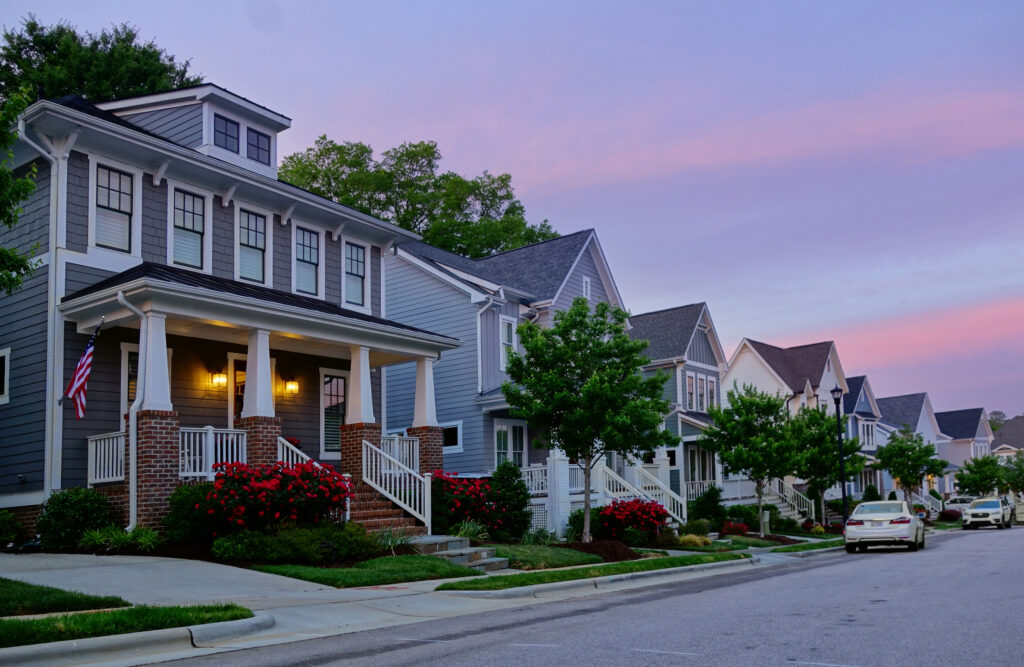
Supporting LA County’s Transformation into an Actively Anti-Racist Institution
The pandemic highlighted systemic racism in Los Angeles County, particularly in communities of color. The government has committed to not just recovering from COVID-19 but also transforming the system entirely. The Board of Supervisors has declared racism a public health emergency and established an Anti-Racism, Diversity, and Equity (ARDI) Initiative... Read more

Public Health Approaches to Eliminating Financial Harm
Medical debt affects 100 million Americans and contributes to personal financial strain and poor health outcomes, while overuse of healthcare services leads to wasteful spending and harm to patients. The Los Angeles County Department of Public Health is adopting a public health approach to address these issues and is partnering... Read more

Carbon Neutrality Through Retrofitting Housing
With the election of their new Mayor in 2021, Boston, MA committed to a radical rethinking of their systems to begin addressing these issues through Boston’s Green New Deal. Under this plan, almost 80% of Boston’s buildings will need to undergo deep energy retrofits and decarbonization in order to meet... Read more

Climate Resilient Healthcare Systems
King County is dedicated to building innovative and intersectional climate solutions that support community resilience and limit the climate burden on frontline communities. The County’s 2020 Strategic Climate Action Plan (SCAP), is a five-year plan for the County’s climate actions, integrating climate change into all areas of County operations. Under... Read more

Improving the Cleanliness, Health and Employment Outcomes for Underserved Neighborhoods
The City of Baltimore recognizes the unique opportunity to address longstanding health inequities in a way that simultaneously creates wealth-building opportunities for its residents. As part of Mayor Scott’s agenda and the City’s strategic investment of federal relief funds, Baltimore is launching innovative programs that create employment pathways while improving... Read more

Creating a Cohesive Service Delivery Model for the Justice Impacted Population
In Los Angeles County, on any given night, more than 14,000 people are confined in the County’s jail system – over 5,000 of which have serious mental health needs. These shocking numbers are reflective of the broader history of the intersections between race, health, and incarceration across not just the... Read more

Implementing a Framework to Advance Racial Equity in Milwaukee County
It is the unfortunate reality that every American metropolitan area struggles with income inequality, concentrated poverty, unequal incarceration rates, disparate health outcomes, and poor overall quality of life for people of color. Milwaukee is not unique in the comprehensive issues faced by its communities of color, now the majority population... Read more

Expanding Access to Equitable Healthcare Career Education and Opportunities
Los Angeles County’s College of Nursing & Allied Health (CONAH) has prepared students for employment, professional development, and/or advancement for 125 years. Completing their clinical rotations in the system and often hailing from the area, graduates are particularly well placed to understand and address LA County’s healthcare needs. In the... Read more

Developing Equity-Centered Policies to Reduce Harmful Greenhouse Gas Emissions
The City of Kansas City, like many cities throughout the US, is experiencing the impacts of climate change like never before—through increased temperatures, increased periods of drought, and more frequent flooding. Kansas City generates 18 tons of greenhouse gasses per person (three times the world average). In the early 2000s,... Read more

Catalyzing Innovative Programs and Policy to Restore Food Sovereignty to Birmingham’s Residents
From James Beard award-winning restaurants to the vast Pepper Place Market, where people from across central Alabama convene on weekends to shop for locally grown fruits and vegetables, Birmingham is among the small cities favorited by food lovers and culinary experts across the nation. Unfortunately, not everyone in the city... Read more
